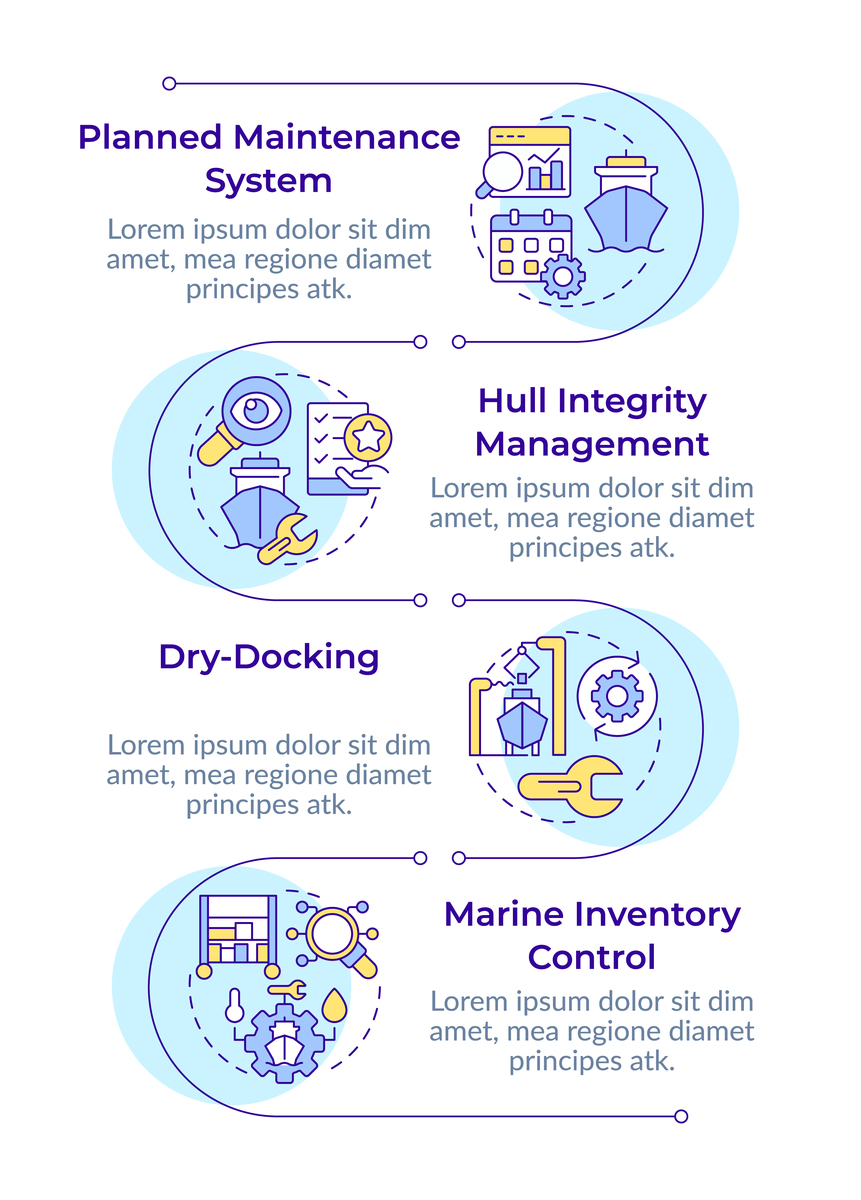The Benefits of Urbanization: How Cities Drive Progress and Environmental Sustainability
The claim that urban life is more environmentally friendly than rural life can be supported by several factors mentioned in the text. Firstly, urban dwellers tend to use less energy and fewer resources compared to those in rural areas. This is due to factors such as higher temperatures in urban areas, which reduce the need for electrical heating, and the close proximity of utility services, making them more easily accessible and affordable.
Additionally, the availability of public transportation in urban areas promotes its use over private transportation, which is more sustainable and results in a smaller carbon footprint. Studies have shown that public transportation uses less fuel per passenger kilometer compared to private transportation. Moreover, the concentration of workspaces, schools, hospitals, and shops in urban areas encourages the use of non-polluting forms of transportation like bicycles, further reducing carbon emissions and traffic congestion.
These factors contribute to the overall reduction of environmental impact in urban areas, making urban life more environmentally friendly compared to rural areas. However, it is important to note that this claim may vary depending on specific circumstances and the level of urban development in different regions.

原文地址: https://www.cveoy.top/t/topic/o9oe 著作权归作者所有。请勿转载和采集!